
Tag Archives cattle production
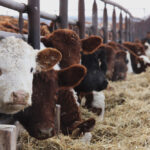
Keep your calves a little longer
Don’t discount the possibility of backgrounding cattle at home

Farm family ‘the last thread hold’ of First Nation agriculture
Faces of Ag: BSE and flooding nearly wiped out his family farm, but Derrick Gould won’t let their way of life die
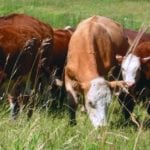
What does bird-friendly grazing look like?
Is twice-over grazing the way to go on a SARPAL-committed pasture? The system shows promise, but providers say ideal grazing system may depend on the operation
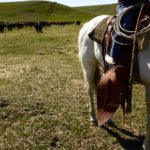
Manitobans participating in CYL
One transplanted Manitoban and one current resident are part of the latest cohort in the program
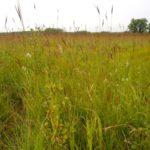
Imperilled grasslands need more attention, speakers say
They are the most endangered ecosystem in the world, but there is still time to create conservation programs to protect them
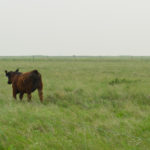
Beef producers cautious about herd expansion proposal
Lack of profitability and uncertainty over where to market animals are two key challenges
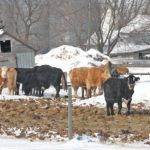
Beef cattle market continues to see volatility
Coming off two years of solid prices, cattle producers are adjusting to the realities to today’s market
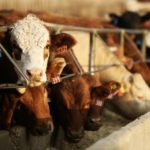
Study finds Canadian beef’s GHG footprint shrunk over 30 years
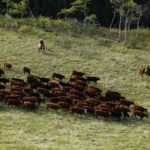
Cattle herd still shrinking in StatsCan estimates
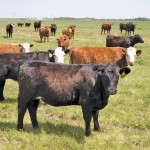
McDonald’s makes progress with sustainable beef pilot project
McDonald’s is looking for cattle producers throughout Canada to participate in pilot project looking at the sustainable production


